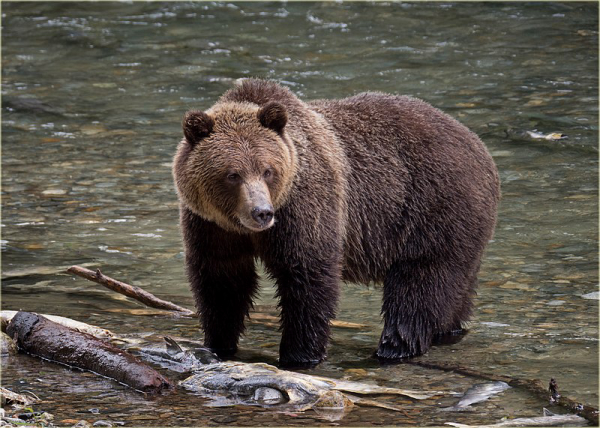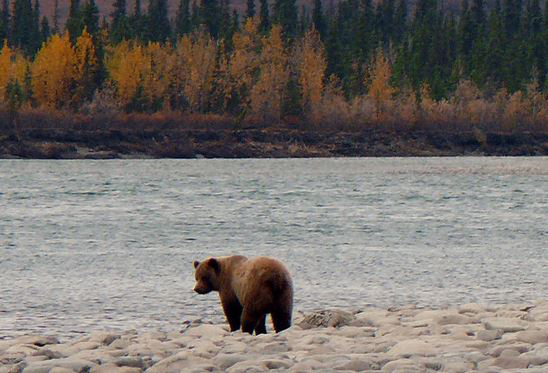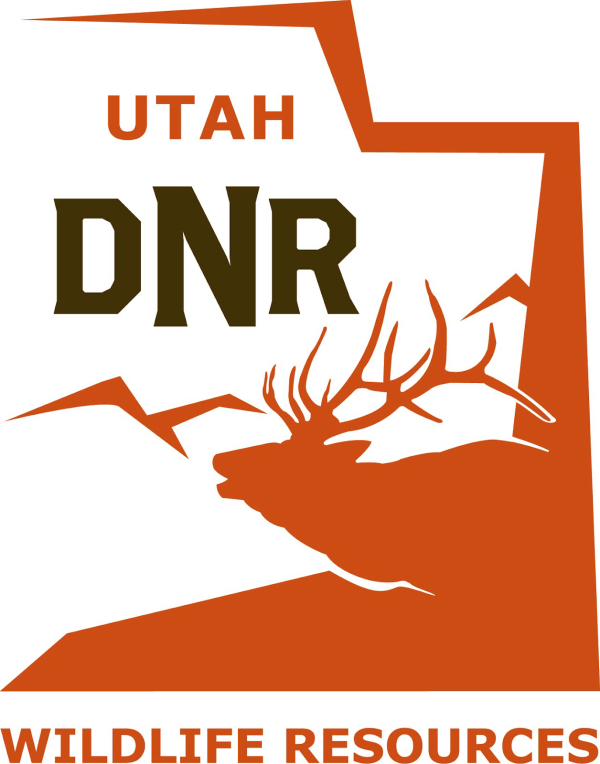Fishing with Bears

It’s bear season across much of the nation, the time when bears that have been in hibernation come out of their dens and are extremely active and hungry, which means it’s more likely you’ll see one if you’re out fishing, rafting, overnighting or hiking in bear country.
And bear country is expanding these days thanks to careful management, with increasing black bear populations in many states with adequate habitat.
In general, if you leave black bears alone they will leave you alone, with the occasional rare exception.
The grizzly population in Montana, Idaho and Wyoming is also expanding, and this is a more concerning matter for those of us who enjoy the rivers of the west. Grizzlies often show little respect for humans, in part no doubt because they have not been hunted in 20 years in Montana, 40 years in Wyoming, and this can lead to problems for both man and bear.

Grizzlies are sometimes encountered in the thicker foliage that grows around trout streams of the three grizzly states, Idaho, Montana and Wyoming. (USF&W)
Most of the grizzlies alive today have never seen any reason to be afraid of humans, which means it’s up to us to be afraid of them. (I’m good with this, totally. My limited time in grizzly country has resulted in only one face to face encounter at close range while armed with a flyrod, and that was way more than enough to last a lifetime.)
Per USF&W, grizzlies have been closely studied in six ecosystems or recovery areas in the three grizzly states (excluding Alaska). Only the Northern Continental Divide and Greater Yellowstone ecosystems, however, have seen significant population growth. The two areas have about 2,000 grizzlies combined, up from an estimated 600 or less in 1975 according to the studies, and numbers are increasing in those areas, forcing the bears to expand into more areas, frequently following waterways to do so.
So, what do you do if you’re among the early arrivals fishing the runoff in the grizzly states this spring and early summer? Montana Fish, Wildlife & Parks has some advice that could save your life, as well as that of the bears. (Bears that attack humans are usually hunted down and euthanized.)
“Most animals see, hear and smell humans long before humans detect the presence of the animals. Depending on the distance between the animals and humans, the animals decide whether to stay, defend themselves or flee.
People venturing into the outdoors should “Be Bear Aware” by following these precautionary steps, according to MFWP:
- Carry and know how to use bear spray. Keep the can where you can reach it immediately, not buried in a pack. Practice with the spray before heading into the woods–know the range.
- Travel in groups whenever possible and plan to be out in the daylight hours.
- Avoid carcass sites and concentrations of ravens and other scavengers.
- Watch for signs of bears such as bear scat, diggings, torn-up logs and turned over rocks, and partly consumed animal carcasses.
- Make noise, especially near streams or in thick forest where hearing and visibility is impaired. This can be the key to avoiding encounters. Most bears will avoid humans when they know humans are present.
- Don’t approach a bear. No photo is worth your life.
- If you harvest and clean fish at the stream, get rid of the remains by throwing them into a deep pool–don’t leave them on shore because this will attract bears to the area to endanger the next angler to pass by.
- Don’t clean fish in your camp if you’re staying out overnight. Store all food in bear proof containers suspended well awayfrom your sleeping site.
- Know the difference between black bears and grizzlies–and if you see a grizzly, leave the area.
- Take note of state warning signs on streams and trails where grizzlies are active and avoid these areas.
For more information on recreating in Montana’s bear country, visit the FWP Bear Aware website at fwp.mt.gov/be-bear-aware.
— Frank Sargeant
Frankmako1@gmail.com






